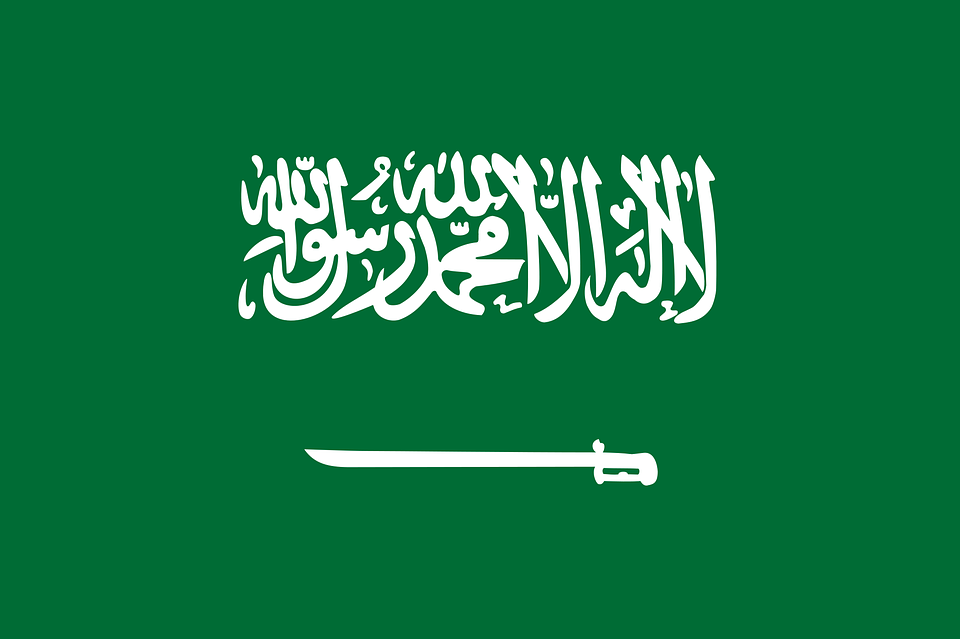If you were to ask members of the general public to name an “oil rich” country, it wouldn’t be long under the name “Saudi Arabia” was mentioned. The connection between the state and oil is incredibly well-known; a connection that is justified by the figures – the Saudi oil reserves are thought to be the second largest in the world.
Given the above, the recent news that the Saudi oil fields had sustained a serious attack on Saturday (September 14th) sent shockwaves of panic across the world. With the Saudi ability to produce oil seemingly severely compromised the world suddenly faced a future of potential shortages that would leave industries studying their liquid level switch on current reserves and wondering how long they may last if the disruption was to be ongoing.
What are the key details of the attack?
- The attacks focused on the Abqaiq processing facility and the Khurais oilfield
- Both of the target facilities are owned by Saudi Aramco, which is state-owned
- As many as 20 drones and twelve cruise missiles were involved
- The attacks disrupted oil production by approximately 5.7 million barrels per day
What was the reason for the attack?
It is impossible to say definitively at this point.
Officially, the Houthi rebels – a Yemenese group who are aligned with Iran – have claimed responsibility for the attacks.
Others, however, believe differently, and suspect that the Iranian state directed the attacks. Iran has denied this claim. However, Saudi Arabian authorities have stated that they have definitive evidence that the attack was Iranian in origin, though the exact point of origin remains unclear.
What is the current state of Saudi oil production?
There have been positive statements from the kingdom regarding oil production. Despite the extent of the damage, full oil output is expected to resume by the end of September, and half of oil production has already been restored.
This unexpected news from Saudi Arabia has settled many initial fears. However, there are continuing concerns about how the attack may escalate existing tensions in the region.
What is the future threat?
The US Secretary of State, Mike Pompeo, has stated that he believes the attack was an “act of war” – and there are serious concerns that military action against Iran may follow. Secretary Pompeo has also made clear his belief that the claims that rebel groups were behind the attacks are false, and that the US administration is of the belief that the state of Iran was directly involved.
The US-Iranian relationship has struggled in recent years, and particularly under the Trump administration. The US withdrew from a nuclear agreement with the Gulf State and tensions have continued with the tightening of sanctions. Given that Saudi Arabia is a strong ally of the US, the possibility of further escalations – and the significant effect such actions may have on the global oil supply – cannot be ruled out at this time.
However, it has also been theorized that military action may be prevented precisely due to the potential ramifications for global oil, so for the moment, it remains to be seen what the long-term impacts of the Saudi oil field attacks will actually be.

